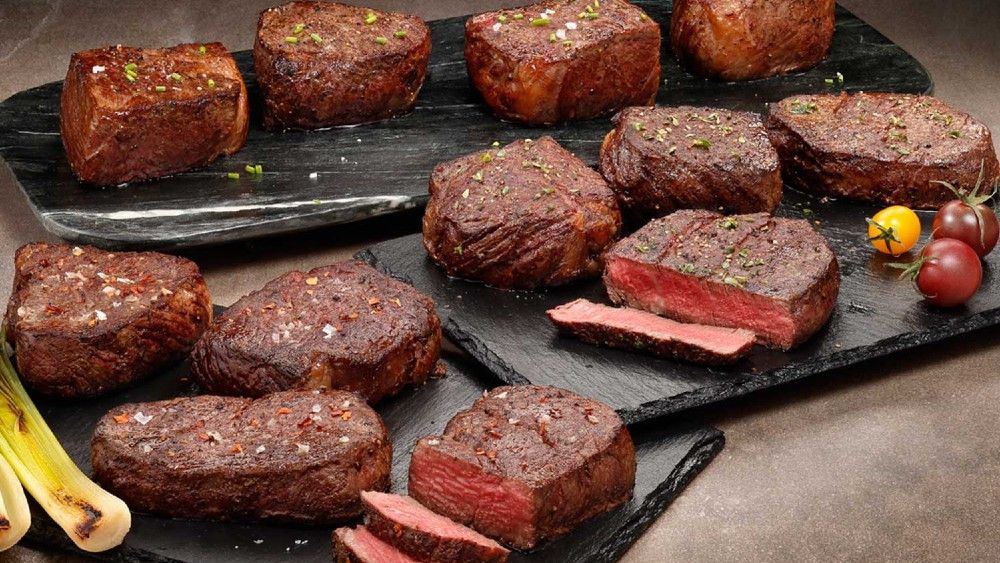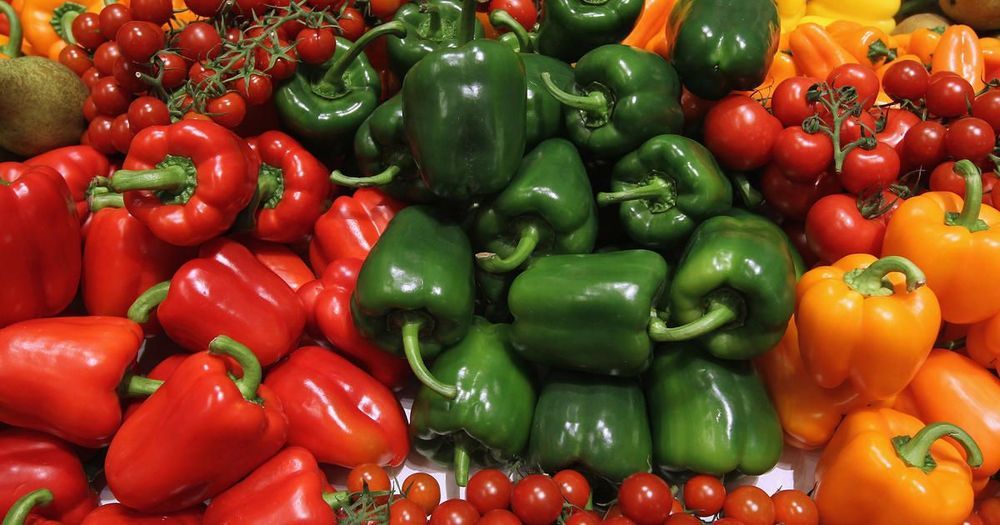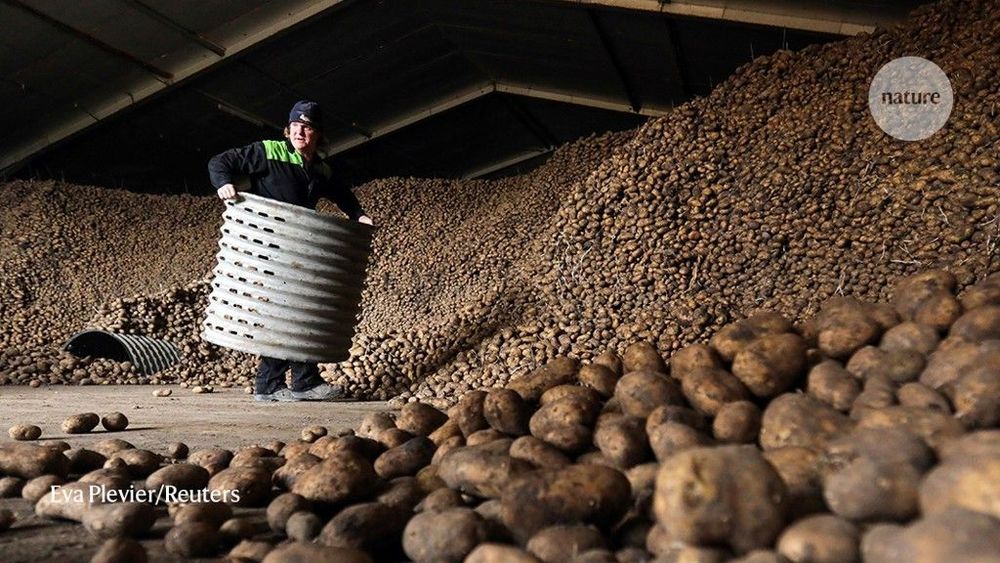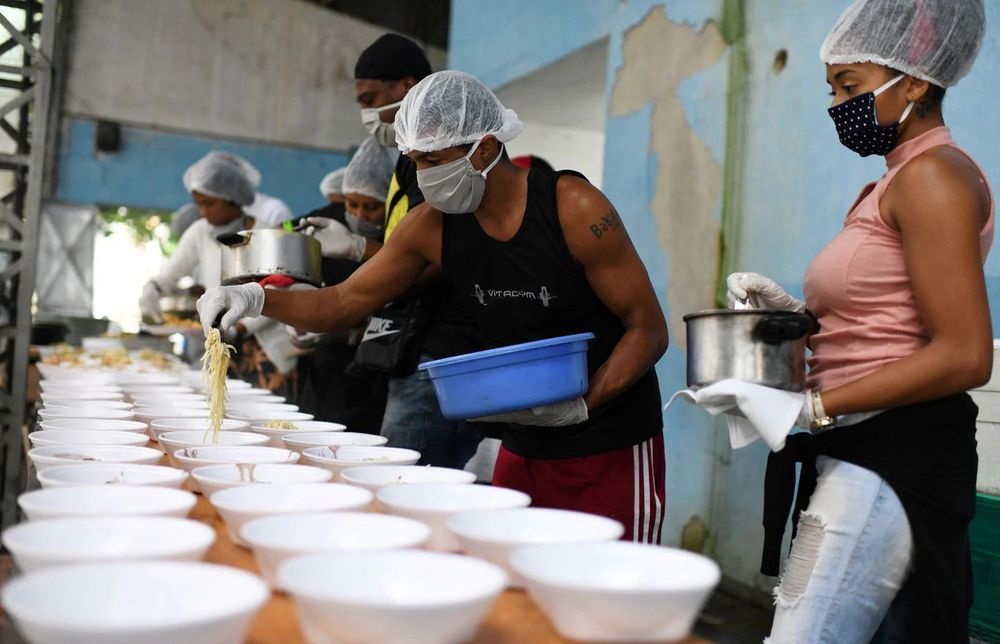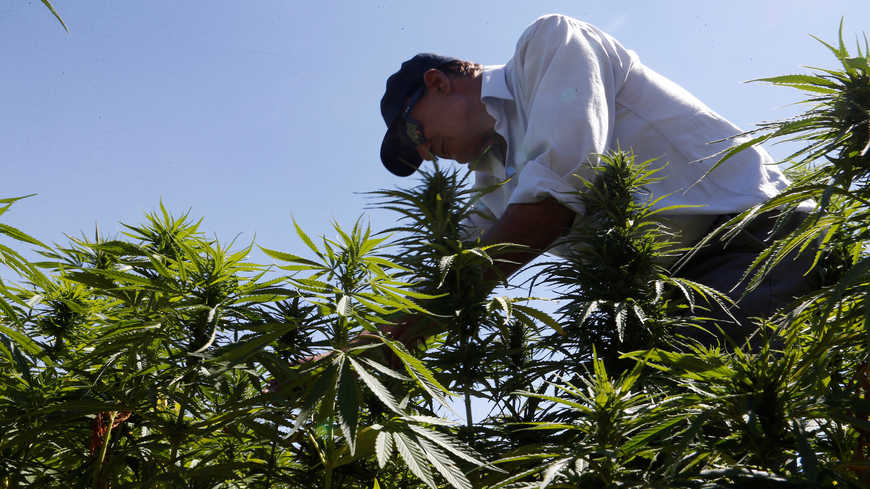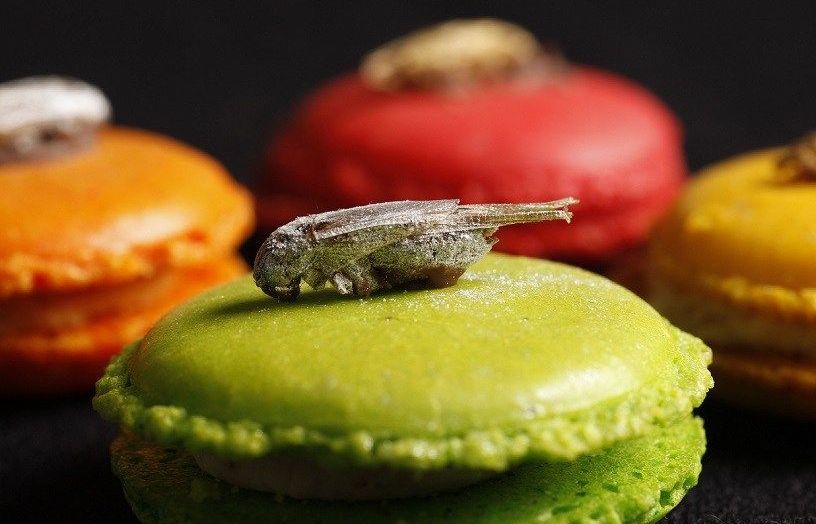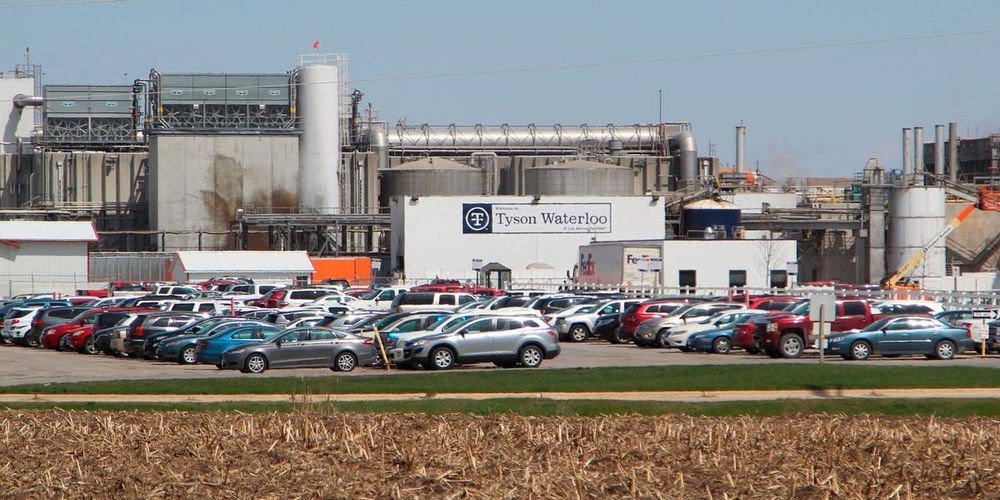The first EU permits for insects as a “novel food” should be issued in mid-2020. This will end the legal uncertainty about breeding insects for human consumption in Europe. Now is the time to draw lessons from Belgium, which has served as a sandbox for the fledgling industry, about its future prospects. Are we really ready to eat insects?
Romy is an adorable little blond girl who, like all children under the age of 2½ in Belgium, goes to the crèche most weekdays. Her parents spend 20 minutes every evening preparing her lunch, carefully weighing out some carbs, freshly cooked vegetables, a protein-rich ingredient, some high-quality fat and a sprinkling of chopped herbs. It’s the recommended diet for a child her age. But unlike most of Belgium’s children, Romy gets a meal that eventually includes a teaspoon of cricket powder. In fact, she even loves to snack on some whole locusts from time to time. All this thanks to Belgian’s progressive regulatory system, which allowed a whole new sector in the Western agrifood landscape to open up here a few years ago.
In theory, Romy is well on track to help fulfil the prediction, or rather prescription, of the Food and Agriculture Organisation (FAO) for insects to become “a high-value source of animal protein for the rapidly growing world population.” But the challenges ahead are huge and Belgium, as a test ground, has gained some valuable experience. Along with a few other countries in Europe, Belgium has taken a bite at insects. But sometimes it hurts.
